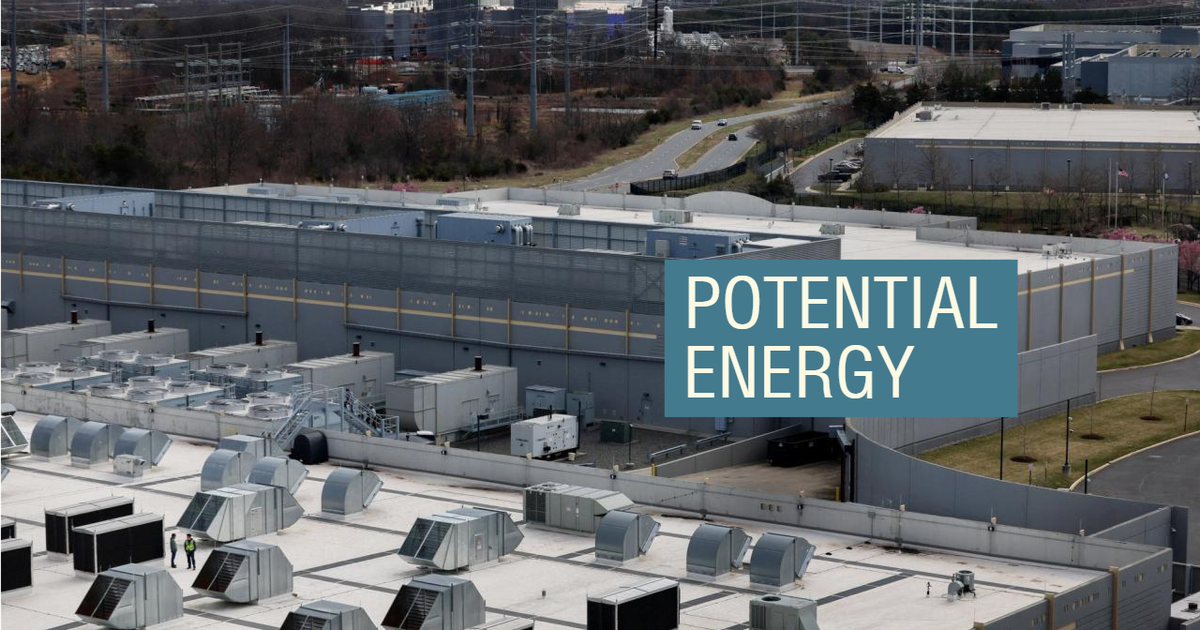Electric Bill Crisis: Democrats Blame Data Centers, GOP Points to Green Policies
As the Mid-Atlantic region grapples with a significant surge in electricity costs, a political blame game has emerged, with Democrats attributing the crisis to the rapid expansion of data centers and their energy demands, while Republicans criticize the impact of green energy policies. This ongoing debate highlights the complexities surrounding energy consumption and policy in the United States.
Key Details
On November 11, 2025, a coalition of Democratic senators, including Bernie Sanders, Richard Blumenthal, Chris Van Hollen, Ed Markey, and Ron Wyden, sent a letter to the Trump administration and Commerce Secretary Howard Lutnick. The letter expressed concerns about the administration"s expedited approval of artificial intelligence (AI) infrastructure projects, which they argue is leading to "bidding wars" for limited electricity supplies between households and major corporations such as Meta, OpenAI, Alphabet, and Oracle.
Democrats assert that the proliferation of data centers, which are known for their high energy consumption due to power-hungry server racks, is a significant factor in the rising electricity costs across the Mid-Atlantic states. However, critics argue that the Democrats" narrative fails to acknowledge the role of their own climate policies, which have led to the early retirement of fossil fuel power generation plants. This reduction in fossil fuel capacity has diminished the electrical grid"s spare capacity, exacerbating the crisis.
Goldman Sachs issued a warning over the summer, indicating potential "Price-Spikes & Blackouts" in the region. Analyst Carly Davenport noted that "higher power bill inflation has been the most pronounced in the Northeast, Mid-Atlantic, and California in the past three years." These regions are predominantly governed by Democratic leaders who have been criticized for their approach to climate change and energy policy.
Republican leaders have pointed to what they describe as "disastrous green-energy policies" as a contributing factor to the crisis. They argue that the push for renewable energy sources, such as solar and wind, has resulted in unreliable power generation. This assertion is underscored by a recent incident in Spain, where a nationwide blackout was attributed to the instability of renewable energy sources.
The Democrats have also criticized former President Donald Trump, blaming his administration for an "assault on clean energy sources," which they claim has further complicated the energy landscape. This ongoing conflict over energy policy reflects broader national debates about climate change and energy independence.
Background
The electric bill crisis in the Mid-Atlantic region has escalated over the past year, prompting increased scrutiny of energy policies and their implications for consumers. As energy demands rise, particularly from tech companies and data centers, the competition for electricity has intensified, leading to higher costs for households. The political discourse surrounding this issue reveals deep divisions between parties regarding the best approach to energy management and climate change.

Image for Democrats Blame Data Centers for Electric Bill Crisis, GOP Points to Green Policies
What"s Next
As the debate continues, the implications for energy policy and consumer costs remain significant. The ongoing discussions among lawmakers may lead to new regulations or adjustments in energy strategies aimed at balancing the needs of consumers with the demands of rapidly growing industries. The outcome of this political struggle could shape the future of energy consumption and environmental policy in the United States.
For further insights into related political developments, see our previous reports on the intersection of technology and politics.



![[Video] Gunfire between Iraqi security forces and Sadr militias in Baghdad](/_next/image?url=%2Fapi%2Fimage%2Fthumbnails%2Fthumbnail-1768343508874-4redb-thumbnail.jpg&w=3840&q=75)
